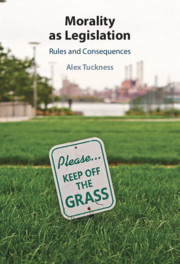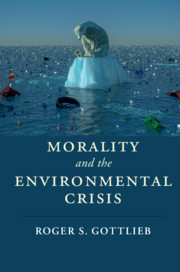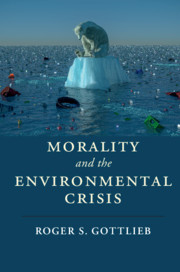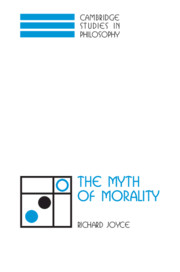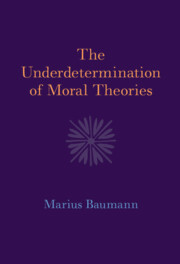Morality as Legislation
'What would happen if everyone acted that way?' This question is often used in everyday moral assessments, but it has a paradoxical quality: it draws not only on Kantian ideas of a universal moral law but also on consequentialist claims that what is right depends on the outcome. In this book, Alex Tuckness examines how the question came to be seen as paradoxical, tracing its history from the theistic approaches of the seventeenth century to the secular accounts of the present. Tuckness shows that the earlier interpretations were hybrid theories that included both consequentialist and non-consequentialist elements, and argues that contemporary uses of this approach will likewise need to combine consequentialist and non-consequentialist commitments.
- Proposes a modern hybrid understanding of morality as legislation
- Interdisciplinary, drawing on insights from philosophy, political theory, theology and history
- Provides an overview of the history of the relationship between consequentialist and non-consequentialist approaches to ethics
Product details
August 2021Hardback
9781316511404
250 pages
235 × 158 × 19 mm
0.488kg
Available
Table of Contents
- Introduction
- Part I. The Emergence of the Rule-consequentialist Paradox:
- 1. God and consequences: the path to Locke
- 2. Legislators, architects, and spectators: the path to David Hume
- 3. The great divide: Bentham and Paley
- 4. Moral expression as legislation: J. S. Mill and Sidgwick
- 5. Secular heterodoxy: twentieth century rule-utilitarianism
- Part II. Contemporary Approaches to the Rule-consequentialist Paradox:
- 6. Four contemporary options for resolving the paradox
- 7. A hybrid defense of the legislative perspective
- Works cited
- Index.

